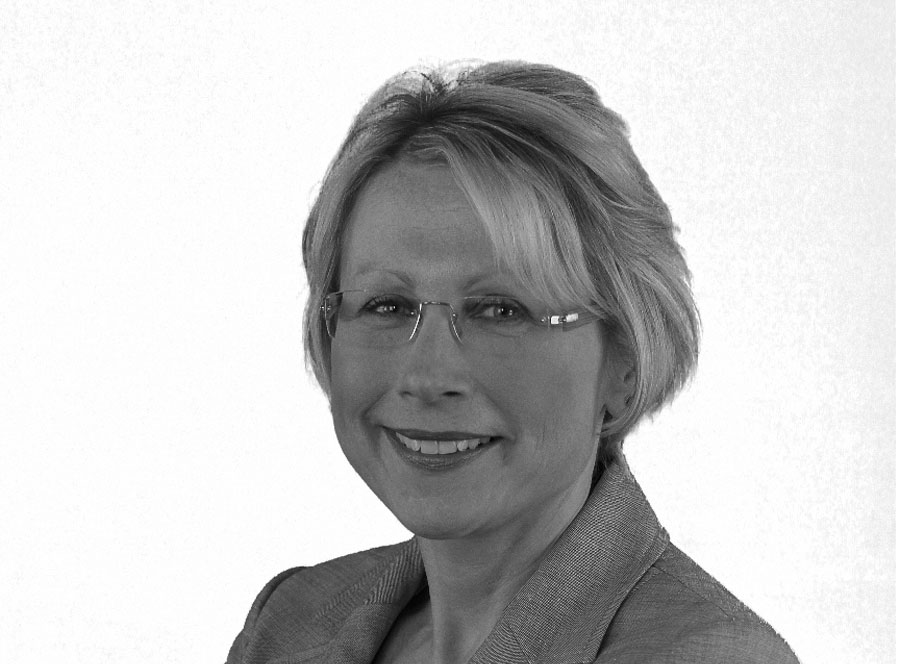Parents who earn more than £50,000 a year are on the brink of a tax trap if they have continued to receive Child Benefit payments since the rules surrounding eligibility changed in January this year.
“From 7 January 2013 Child Benefit payments became effectively means tested by the tax system,” explains Jill Evenden, managing director of EBS Accountants in Nottingham.
“If either parent, or both parents, has income in excess of £50,000, the new High Income Child Benefit Charge (HICBC) has the power to demand repayment of part or all of the Child Benefit they have received after this date.
“Parents falling into this earning band will have to complete a self assessment tax return, but only have until 5 October 2013 to register for this for the year to 5 April 2013. This has implications for high income earners who do not normally submit a self assessment tax return.”
Parents are required to state on the self assessment the amount of Child Benefit received for the period 1 January 2013 to 5 April 2013. Once submitted, HMRC will then calculate the amount of the HICBC that will have to be repaid and this amount will be collected through the self assessment system.
According to the latest statistics, more than 400,000 people have opted out of receiving Child Benefit and will be unaffected by the HICBC. However, if Child Benefit payments have continued after 1 January 2013, and if either parent has income in excess of £50,000, then the HICBC will apply.
“For every £100 a parent’s income exceeds £50,000, one percent of the Child Benefit received will be clawed back by HICBC,” explains Jill. “Accordingly, if income is in excess of £60,000, the benefit that may have been received will be fully recovered by the HICBC.
“If both parents have income in excess of £50,000 then the highest earner will need to register for self assessment. If you prefer to avoid the HICBC, and registration for self assessment, you could always elect not to receive Child Benefit in future tax years,” she says.




















